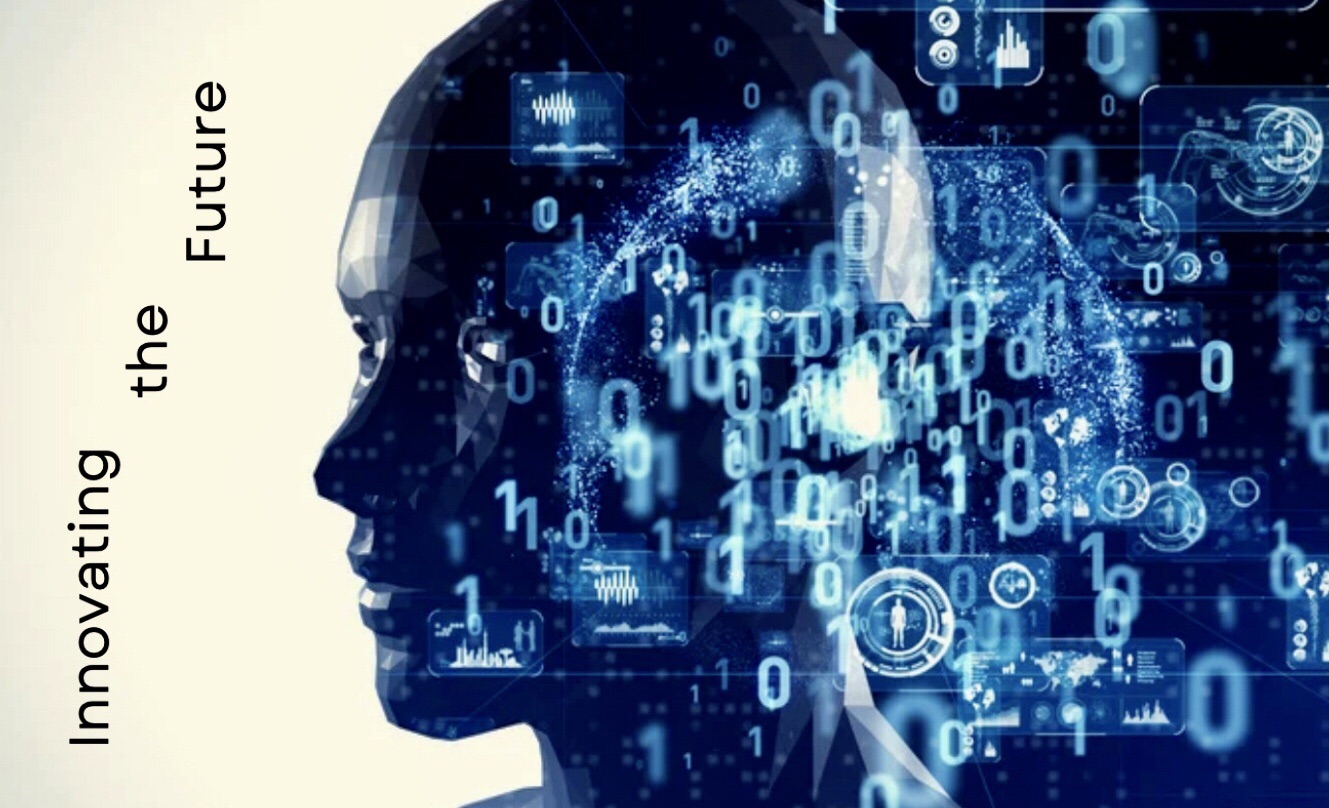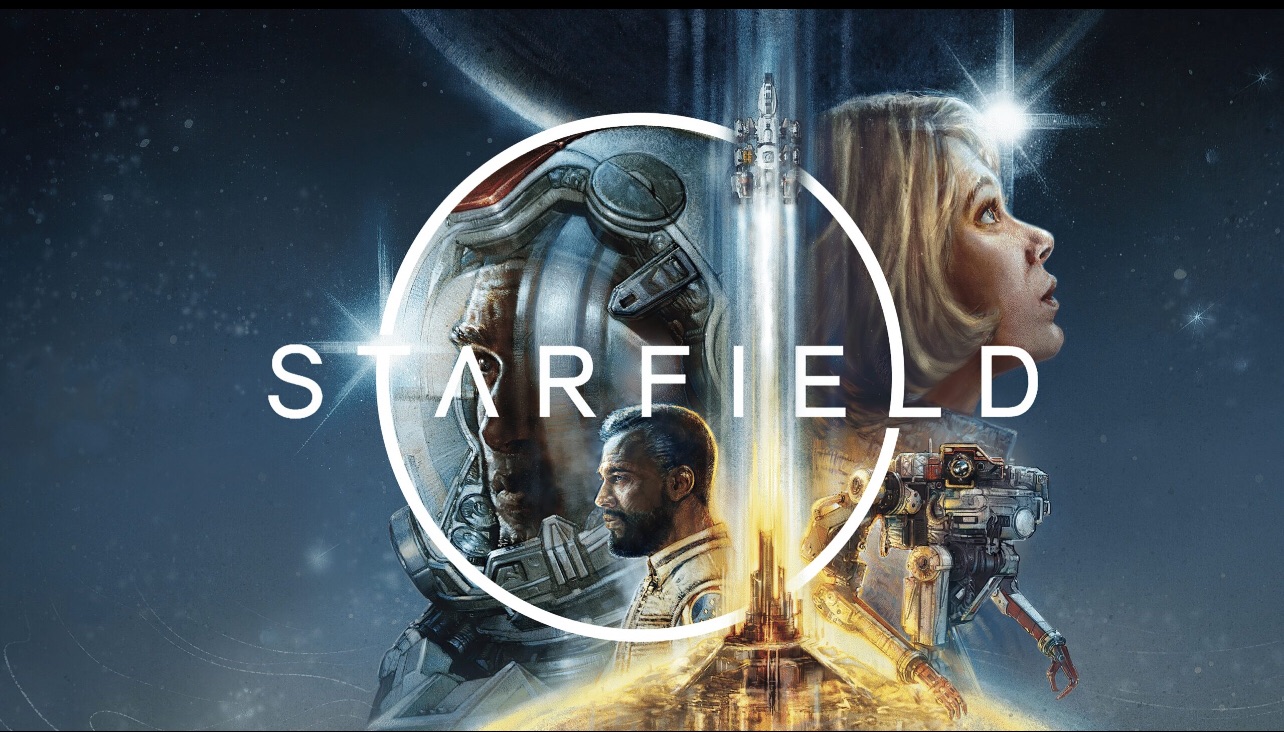Now Reading: Artificial Intelligence: An Ally or a Challenge for Humanity, by Aiden.
-
01
Artificial Intelligence: An Ally or a Challenge for Humanity, by Aiden.
Artificial Intelligence: An Ally or a Challenge for Humanity, by Aiden.
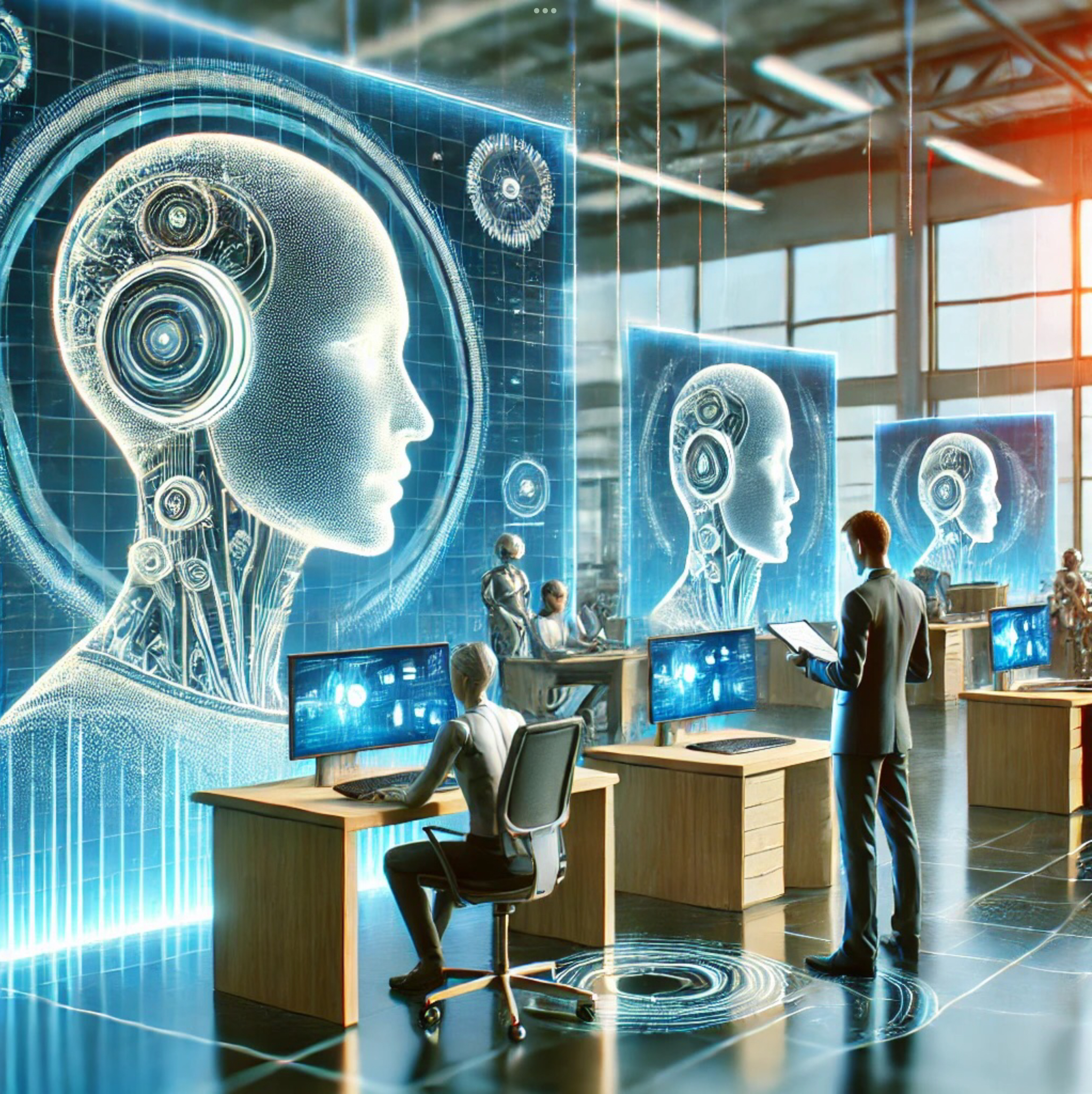
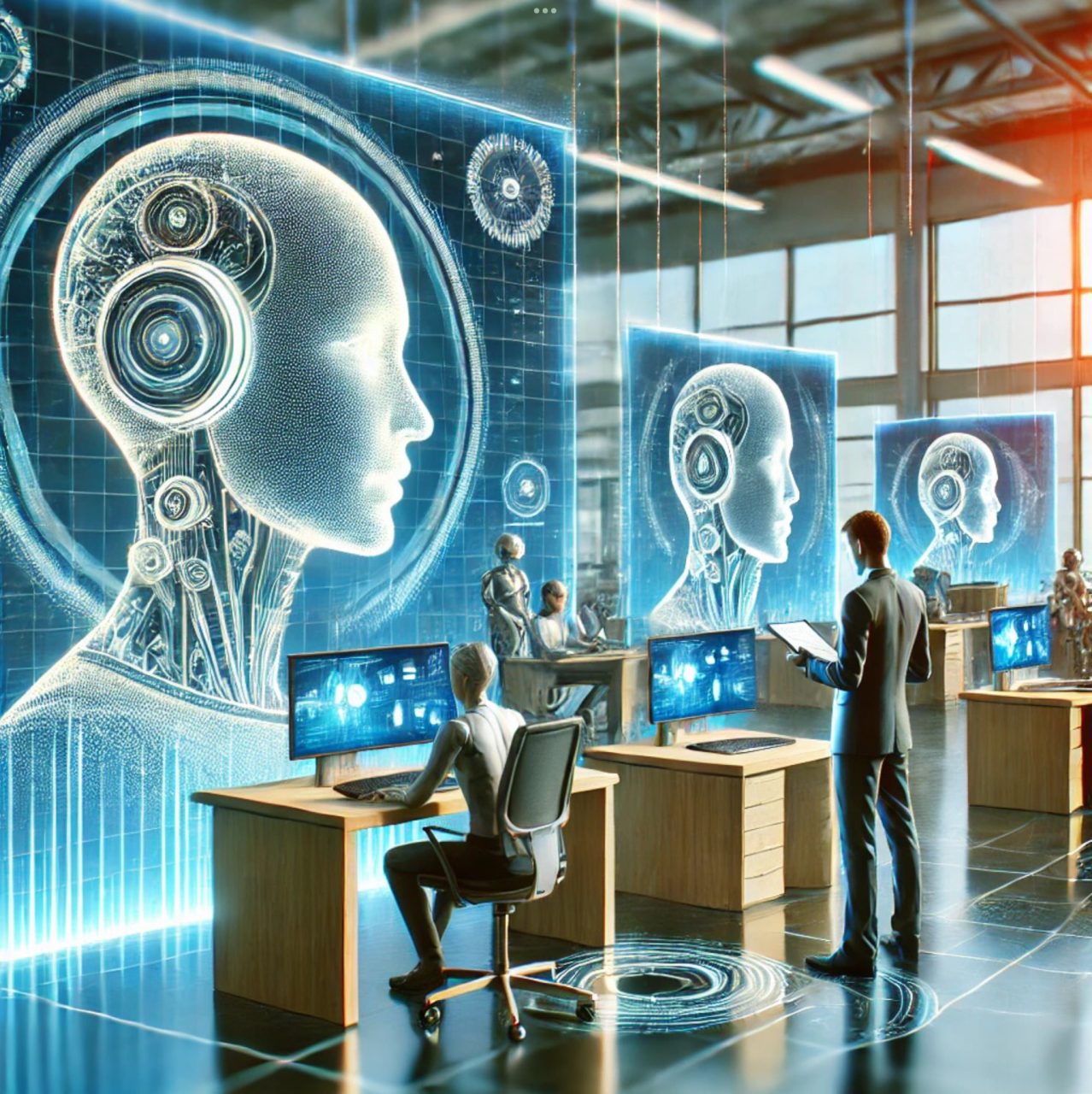
An Ally or a Challenge for Humanity?
Artificial Intelligence (AI) has moved from the realm of science fiction to become a powerful force shaping modern life. From virtual assistants to recommendation systems, AI is transforming how we interact with technology and the world around us. But this rapid evolution brings with it a fundamental question: is AI a tool that amplifies human potential, or a challenge that threatens to surpass our control?
AI as an Ally: Enhancing Human Capabilities
AI holds immense promise across a wide range of fields. In healthcare, AI-powered diagnostic systems can analyze vast datasets to identify diseases earlier and with greater accuracy than traditional methods. In industry, intelligent automation improves production processes, reduces errors, and ensures higher-quality outputs.
Meanwhile, education benefits from AI’s adaptive learning systems, which tailor teaching approaches to the unique needs of individual students, helping to bridge learning gaps and unlock potential.
By taking over repetitive or time-intensive tasks, AI empowers humans to focus on what truly requires our ingenuity: critical thinking, creativity, and emotional intelligence.
AI as a Challenge: Ethical and Social Concerns
Yet, as with any transformative technology, AI presents challenges that cannot be ignored. Automation could lead to job displacement, particularly in roles involving repetitive tasks. Dependence on AI systems might diminish human decision-making skills, and biases within algorithms could exacerbate existing inequalities. Moreover, issues like data privacy and misuse of AI in surveillance or misinformation campaigns add to the growing list of concerns.
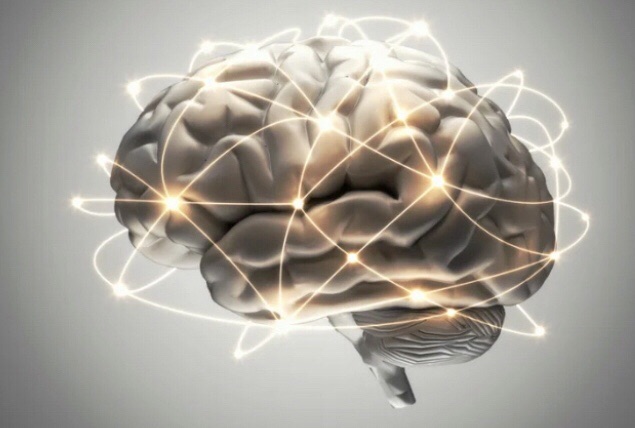
An Ally or a Challenge for Humanity?
These challenges highlight the need for thoughtful regulation and ethical guidelines. The European Union, for instance, is developing policies to ensure AI is used responsibly, with a focus on transparency and accountability.
Striking the Right Balance
For AI to truly benefit humanity, it is essential to strike a balance between harnessing its potential and addressing its risks. Education plays a key role here, fostering digital literacy and equipping people with the tools to engage critically with AI technologies.
Collaboration between governments, private sectors, and civil society can ensure AI serves as a force for good rather than a source of harm.
A Future Built on Optimism and Responsibility
Fears of AI replacing human creativity or decision- making are often overstated. Instead of viewing it as a threat, it is more productive to see AI as a powerful ally. By optimizing processes and solving complex problems, AI frees us to tackle the challenges that demand uniquely human traits. The impact of AI ultimately depends on how we choose to integrate it into our lives—guided by ethical principles, thoughtful regulations, and a commitment to social progress.
Looking ahead, there is every reason to approach the future with optimism. Artificial Intelligence has the potential to address global challenges and improve the quality of life for millions. By embracing its possibilities while mitigating its risks, we can ensure AI becomes a cornerstone of a brighter, more inclusive, and connected future. By Aiden.
